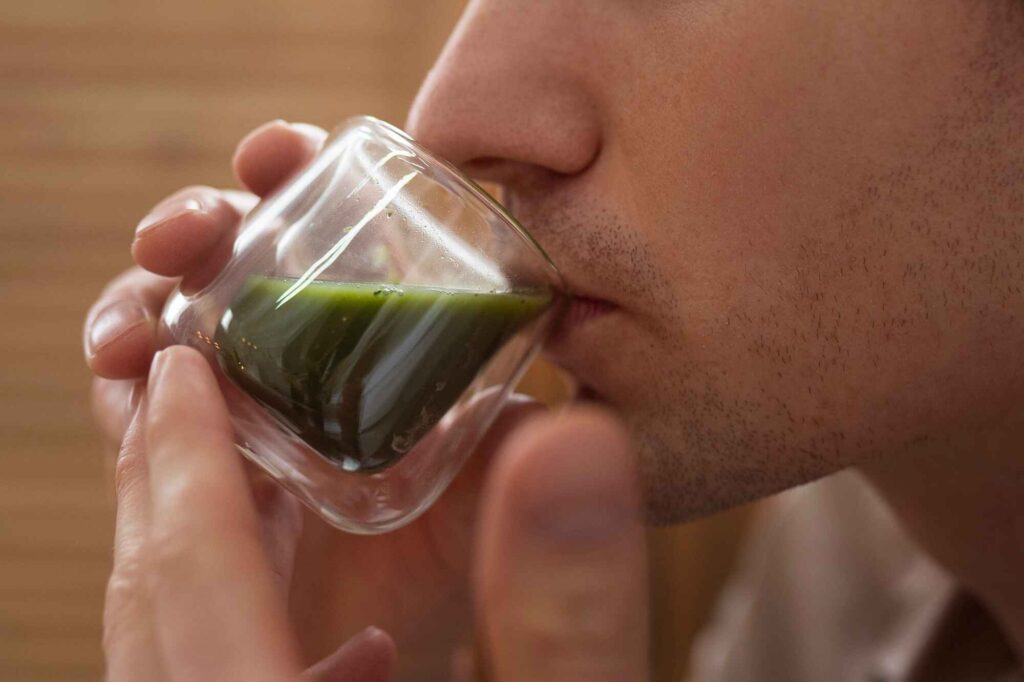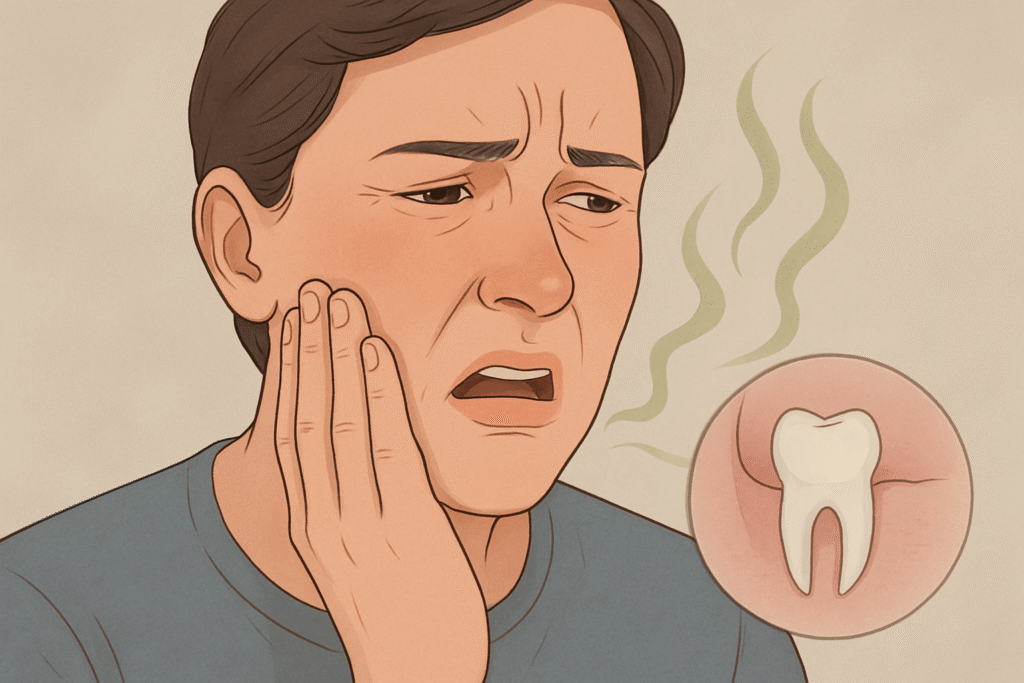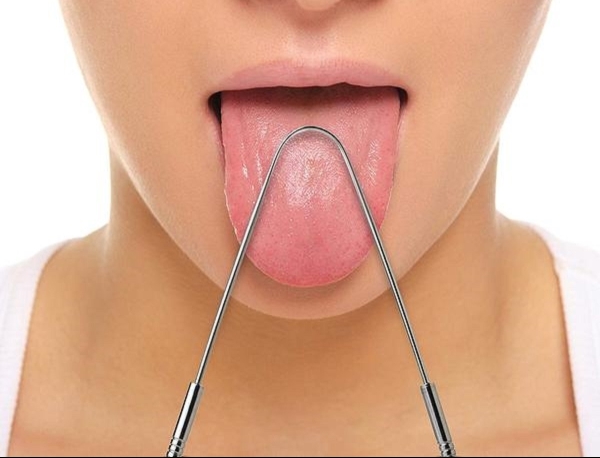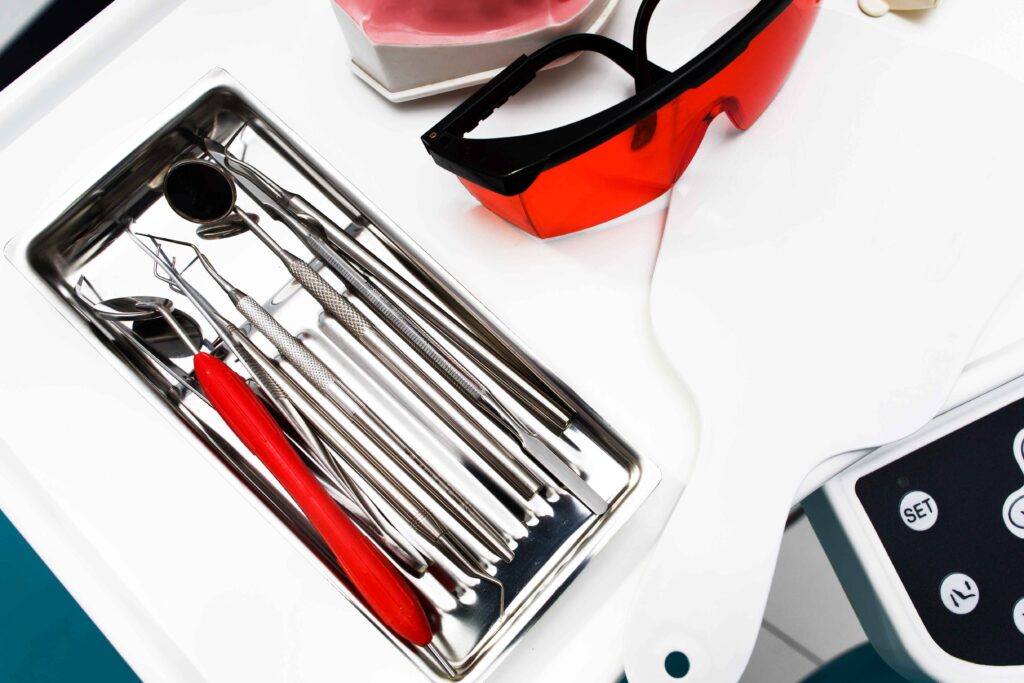
Green tea is a popular beverage that’s consumed by millions of people around the world due to its numerous health benefits. Known for its positive impact on overall wellness, it’s also considered a healthy drink. However, there’s a common concern about its potential to cause teeth stains. While green tea has many positive qualities, the question of whether it stains teeth often arises, especially when compared to other beverages like coffee. Many people, who drink coffee or green tea on a regular basis, often wonder how these drinks affect the shade of their teeth. Understanding the role that green tea and coffee play in your teeth’s health and appearance is essential. It’s important to know the necessary steps to prevent staining and other oral health concerns from developing over time, allowing you to enjoy your favorite drinks without compromising your smile.
Green Tea and Its Potential to Stain Teeth
The short answer to the question of whether green tea causes teeth stains is yes. While green tea is often regarded as a healthier alternative to other beverages like coffee, it still has the potential to cause staining. However, the level of staining caused by green tea is generally less severe compared to drinks with a higher tannin content, such as black tea, coffee, or red wine. Green tea contains natural compounds called tannins, which contribute to its astringent taste and are responsible for teeth stains. The tannin content in green tea is relatively low, making it less likely to cause significant discolouration over time. That said, green tea can still cause mild discolouration of the teeth when consumed regularly.
On the other hand, coffee is fairly well known for its ability to cause staining, and many people are surprised to learn that green tea can also be a teeth whitening enemy. The tannin in green tea significantly increases its staining potential when compared to other drinks, but its low tannin content makes it less harmful to your teeth than coffee. The high level of catechins (antioxidants) in green tea can also help reduce the formation of plaque and prevent tooth decay, while also inhibiting the growth of harmful bacteria that can cause bad breath. However, both green tea and coffee have the potential to stain teeth, and proper oral health care is key to preventing these stains from happening.
Teeth Whitening Enemies
Green tea and coffee are known to be enemies of teeth whitening. While they don’t necessarily mean you need to give up your morning cup of coffee, it’s important to be extra cautious. These drinks can contribute to stains on your teeth over time. To keep your smile bright, make sure to maintain a good oral health routine that helps prevent stains from developing. By staying vigilant, you can continue to enjoy these beverages without compromising your teeth’s appearance.
Does Green Tea Cause More Staining Than Coffee?
When it comes to staining potential, coffee is more notorious than green tea. Coffee contains higher levels of tannins and is also more acidic, both of which can lead to tooth discolouration over time. Additionally, coffee has dark pigments called chromogens that adhere to teeth and cause staining. On the other hand, green tea is considered to have less staining potential, as it contains a relatively low level of tannins and has a lighter colour, which means it has fewer pigments that could cause staining. However, factors like the frequency of consumption, oral hygiene practices, and individual factors such as tooth enamel and susceptibility to staining can influence the degree of staining.
Is Tea the Cause of Yellowing Teeth?
Tea, including green tea and black tea, can potentially cause tooth staining and contribute to teeth becoming yellow. This happens due to the presence of tannins, which are natural compounds found in tea. These tannins are responsible for the astringency and bitter taste of tea. They can bind to proteins in the teeth, forming stains that lead to discolouration over time. While all types of tea may cause some level of staining, it is important to consider factors like oral hygiene and frequency of consumption to manage and prevent this.
Is Matcha Green Tea Bad for Your Teeth?
Matcha green tea, a powdered form of green tea, has gained popularity for its unique flavour and vibrant green colour. While it’s known for its health benefits, many wonder if it can stain teeth over time. Like other types of tea, matcha contains natural compounds called tannins, which are a type of polyphenol. These tannins can bind to proteins in saliva, forming a film on teeth that may lead to tooth discolouration. However, the level of tannins in matcha is relatively low when compared to drinks like coffee or black tea, which are known for their higher staining potential.
The method of preparing matcha can also influence its staining potential. When matcha is prepared traditionally by whisking the powder with hot water, it results in a smoother, less astringent taste than when you steep regular green tea leaves. This preparation may reduce the chance of staining as the tannins are not soaked for an extended period. Good oral hygiene practices, such as regular brushing, flossing, and dental cleanings, can also help prevent or minimize discolouration caused by matcha or any other food and drink. By maintaining a proper oral care routine and consuming matcha in moderation as part of a healthy diet, you can easily minimize the potential staining effects on your teeth.



